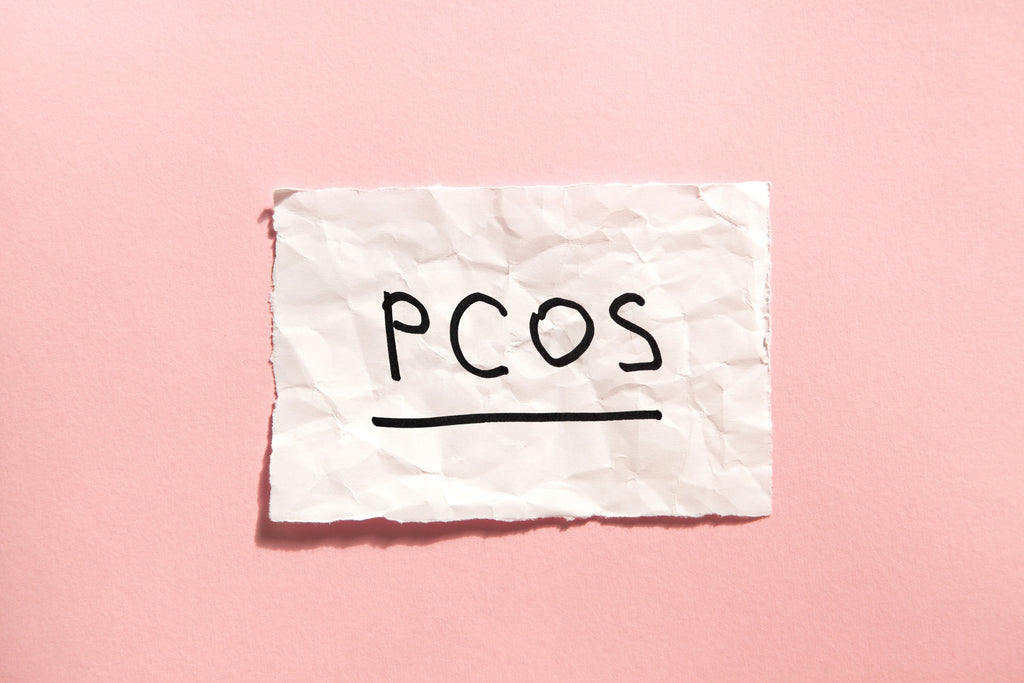What your period can tell you about your health
Many of us think periods only act as a monthly reminder that you aren’t pregnant. In reality, it can do so much more.
Your cycle is completely unique to you and can vary from month to month depending on a whole spectrum of factors such as diet, sleep, stress, dehydration etc. Your period is actually your physiological crystal ball which you can look into to see if anything else is going in your body. So without further ado, here are a few things your period might be trying to tell you.
Anaemia

What to look for: Extremely Heavy Flow
Anaemia occurs when the body doesn’t have enough red blood cells to carry oxygen to the organs. Heavy periods can onset anaemia due to a large amount of blood the uterus expels. This phenomenon is known as menorrhagia and can also cause iron-deficiency anaemia which is what many of us think when we hear the word 'anaemia'. This particular type of anaemia happens when the body uses up the haemoglobin stores and has to use more iron to transport oxygen around the body. Certain symptoms to look out for would be very heavy period flow, extreme fatigue, difficulty concentrating and rapid heartbeat. Taking supplements, eating iron-rich food in combination with vitamin C can help with anaemia. However, if you think you might be anemic then it’s best to speak with your doctor.
Uterine Cancer

What to look for: Breakthrough bleeding and irregular cycles
There are a few signs of uterine cancer that might crop up during your period. These might include, irregular periods, breakthrough bleeds as well experiencing pain during sex. It has to be said that these signs can be related to less serious conditions, so do bear that in mind when reaching out to a doctor.
Pituitary Tumor

What to look for: Missing a cycle
There are many reasons why you might skip a cycle that aren't to do with pregnancy. Pituitary tumours can be one of them. The pituitary gland is located in the brain and is responsible for much of the body’s hormone control, including managing the ovaries. Milky breast discharge and regular headaches are also indicators that you might have a pituitary tumour. Pituitary tumours can be benign or cancerous but they are most likely found in older people, so don’t panic!
Polycystic Ovarian Syndrome (PCOS)

What to look for: Irregular periods & excess body hair
PCOS is subsequent of a hormonal imbalance and sometimes high levels of insulin. Infrequent periods can be down to the fact that ovaries affected by PCOS have difficulty sustaining and releasing eggs, which can hinder a woman’s chances of getting pregnant. PCOS can be treated by eating a balanced diet, by taking medication for excessive hair growth and irregular periods. In some cases, treatment involving heat or lasers can be used to destroy the tissue in the ovaries producing androgens i.e hormones such as testosterone.
Thyroid Disease





